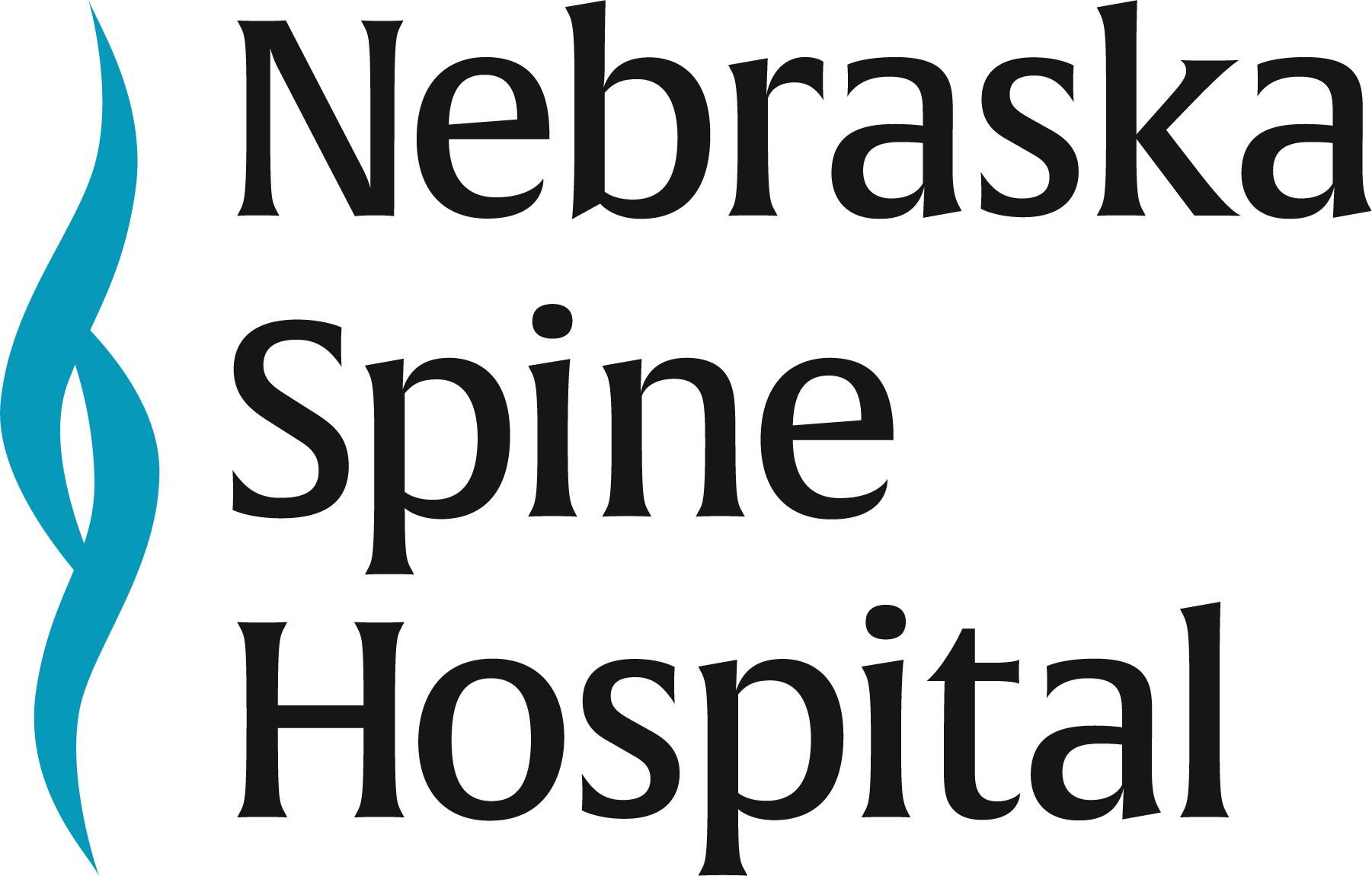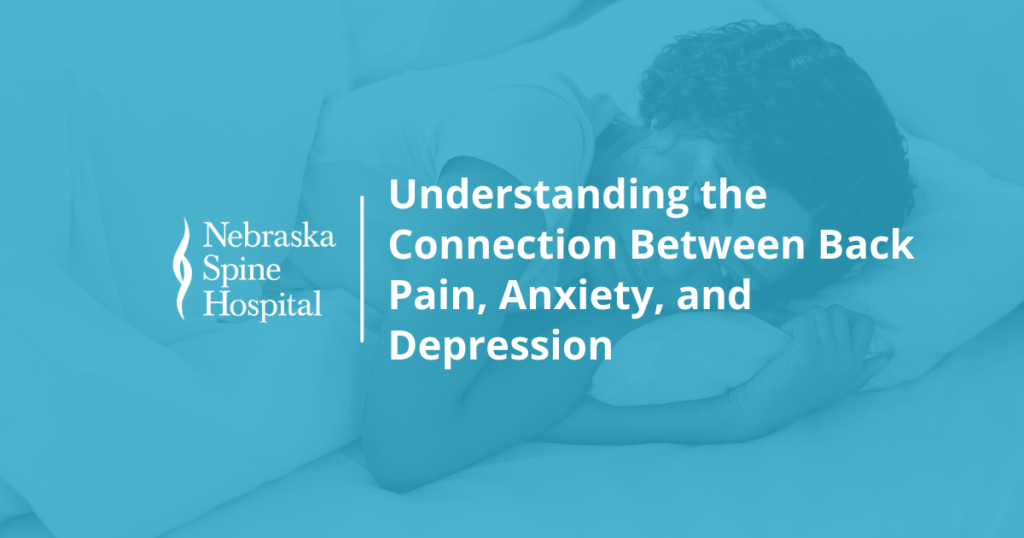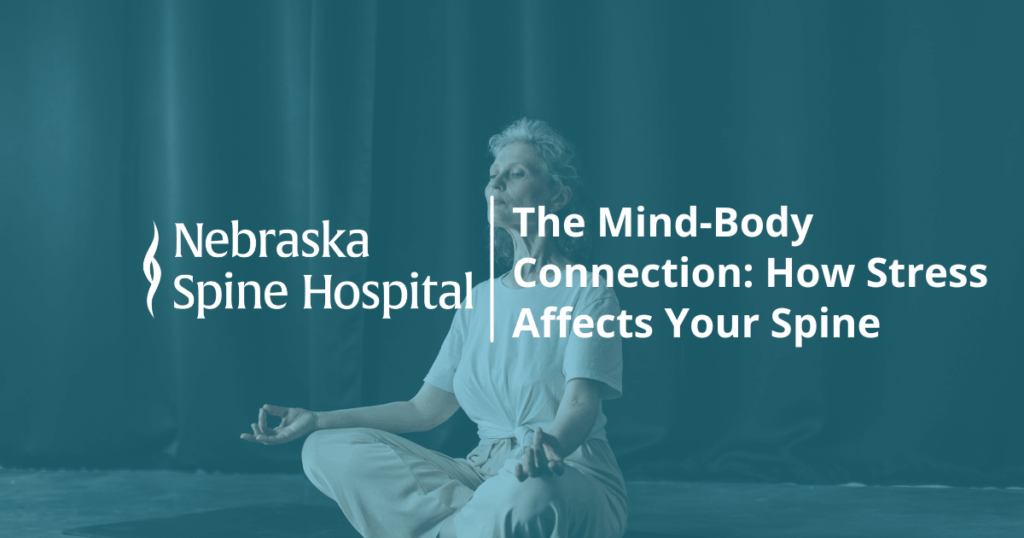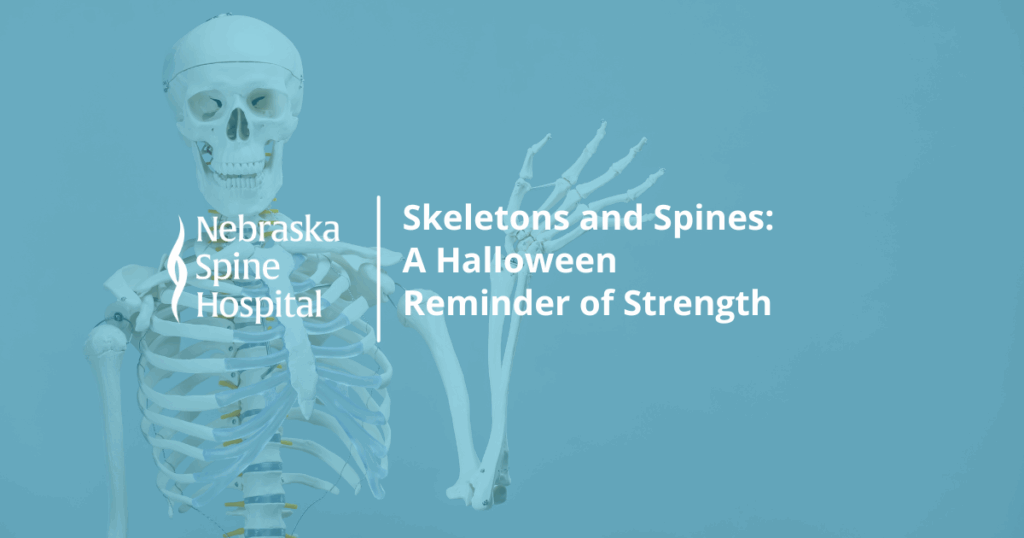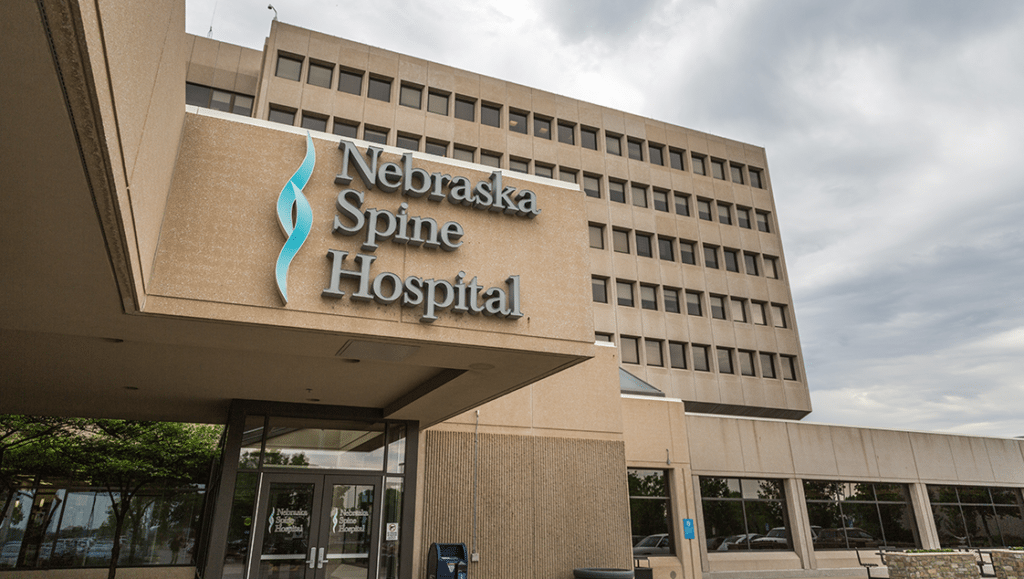At Nebraska Spine Hospital, we recognize the importance of addressing not only the physical aspects but also the emotional well-being of our patients. Back pain is a common condition that affects millions of individuals worldwide, and it’s essential to understand its connection to anxiety and depression.
While research is ongoing, there is evidence to suggest a link between this type of pain and mental health issues. According to the Anxiety & Depression Association of America (ADAA), individuals with anxiety disorders are more prone to experiencing pain and may also be more sensitive to pain in general. On the other hand, chronic discomfort can lead to feelings of depression due to its impact on physical activity and the resulting body aches.
Complex Relationship With Back Pain
It is important to note that the relationship between back pain, anxiety, and depression is complex, and causality is not always clear. While some individuals may develop anxiety and depression as a result of their back pain, others may experience back pain due to existing mental health conditions. It is a bidirectional relationship that requires careful evaluation and treatment.
Exercise Can Help
Exercise is often recommended for improving mental health, but it may not always alleviate back pain caused by structural or mechanical issues. That’s why it’s crucial to consult with a specialist who can assess your specific condition and recommend appropriate treatments. At Nebraska Spine Hospital, our back and spine specialists are dedicated to providing comprehensive care tailored to each patient’s unique needs.
Unique Treatment Options
We offer a range of treatment options, including non-surgical interventions, procedures, and, when necessary, advanced surgical techniques. Our goal is to alleviate pain, improve functionality, and enhance overall well-being.
Remember, seeking timely and comprehensive care is essential for optimizing your recovery and improving your quality of life. The medical professionals at Nebraska Spine Hospital have experience working with mental health professionals to make sure that the diagnosis and treatment of both aspects is as accurate and effective as possible.
Disclaimer: This article is for informational purposes only and does not constitute medical advice. Please consult with a healthcare professional for proper diagnosis and treatment options.

